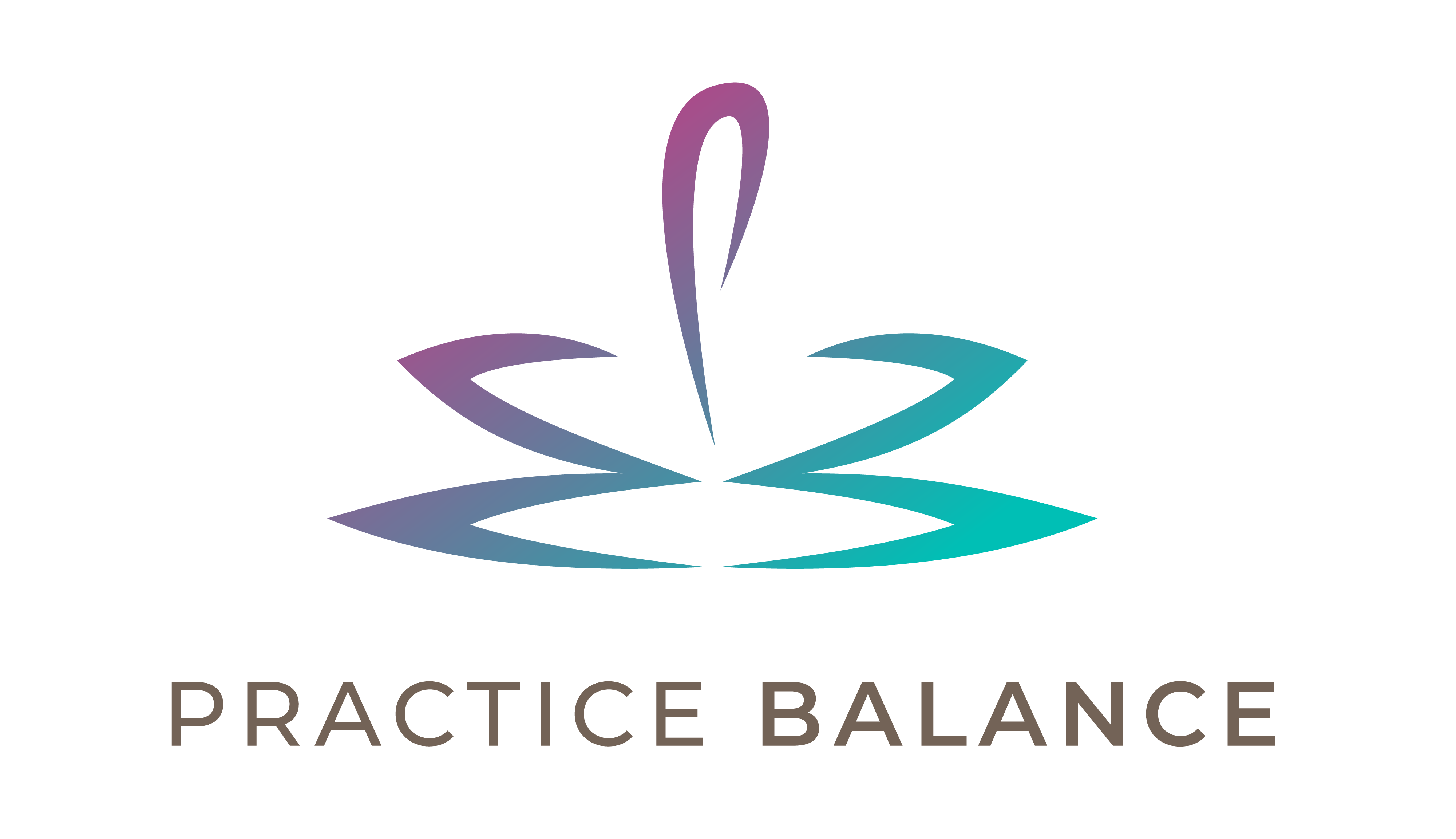
Something shifted a few years ago that changed our minds about having children from eh?? to yay!!… and turning 35 in the midst of a stressful residency and irregular, scanty periods lead me to the GYN’s office to discuss fertility. That started the slowly rolling snowball that was the diagnosis of my brain tumor, followed by its removal and my subsequent recovery process. Now 2.5 years out and feeling great, I still do have residual hormonal deficiences that classify me as “hypopituitary”, including the inability to ovulate. The upshot of those years of ignoring my nonspecific symptoms is that now at almost 40 years of age, I still have the egg count of a 30 year old.
I have just completed my third cycle of injectable gonadotropin hormones to induce ovulation, followed by intrauterine insemination (IUI). There, I said it. On the internet. Actually, this is not news to everyone. I have been talking about this with various friends and acquaintences at work since I embarked on this journey six months ago. On the spectrum of Assisted Reproductive Technology (ART), this technique for trying to conceive is not particularly invasive. (If this cycle doesn’t work, I will most likely be escalating along that spectrum to IVF, but the details of that would be a whole other story for another blog post.) The nightly shots, frequent blood draws and ultrasounds to monitor for maturing eggs are very tolerable. What it is, though, is socially invasive.
I read this article recently from NY Times about how we should “uncover” family responsibilities in the workplace. Acting like we don’t have a life outside of work undermines our ability to ultimately succeed at work, especially in a team environment like medicine that revolves around the inherently human foundations of service. But of course there looms the fear of job security when basically announcing to all, “Hey, I’m trying to get pregnant right now, which means that I’m going to need special treatment followed by a bunch of time off.” This blog post from the Mothers in Medicine group discussed the dilemma of disclosing pregnancy in possibly unfriendly waters. I’ve discussed before the subtleties of disclosing disabilities at work, but what if your “disability” is visually obvious to all? In my situation, the “special treatment” red flag might wave before the baby bump even exists: the fertility clinic doesn’t accommodate OR hours, so I have had to arrange coverage to get to an ultrasound by 3:30 (the latest possible appointment). Worse yet, the eventual ovulation doesn’t necessarily behave by OR hours! This last cycle, my body decided it needed to ovulate in the middle of a Thursday with a particularly busy OR schedule during a month when very few residents are around. After a last-minute email plea to the entire department, I got lucky and found someone who could cover my entire shift.
Making these types of requests can be embarassing and stressful. I kind of flew under the radar with my first two cycles, and yet I remember frantically running to the first IUI appointment from the OR, scrubs flying off in the locker room and speeding the car through the back parking lot alleys to get to the appointment. This in itself does not bode well for fertility! But I feel very lucky; overall, my large, academic practice group is very accommodating in general to family matters. Many pregnant attendings and residents have gone before me (even some with the help of ART). On any given day, a partner (either male or female) might send out an email request to find someone who will cover the last couple hours of a shift “so I can make it to my child’s music concert” or “so I can see my wife off to the airport”. I feel that as a group, we are “walking the walk” vs. just “talking the talk” of uncovering family in the workplace.
What’s the situation like where you work? Do you feel that you have to keep parts of your personal life to yourself? How do you blend your work life with your family obligations? Leave a comment here!


 Checks & Balances
Checks & Balances
[…] This was the sabbatical where I realized I wanted to become a doctor. It was barely on my radar before, although I had considered it during the whole transition to grad school. I knew I didn’t want to climb the corporate ladder as a chemical engineer, being dictated by the industry for where to live and making stuff instead of directly impacting lives. One freezing cold night on the Annapurna trail, I opened up my journal and let loose. After seeing life in a third world country (and extremely rural parts of the southeast US) – not necessarily suffering but just living differently – I knew that I wanted to pivot and do something involving service for a wide and diverse group of people. Before, I had also been intimidated by the idea of going to medical school, but once I trekked through snow eating nothing but peanut butter, rice and beans, sleeping in the dirt without a shower for over a week, I realized I am indeed stronger than I realize. This realization, made continents away from home, has held true through medical training and cancer and infertility. […]